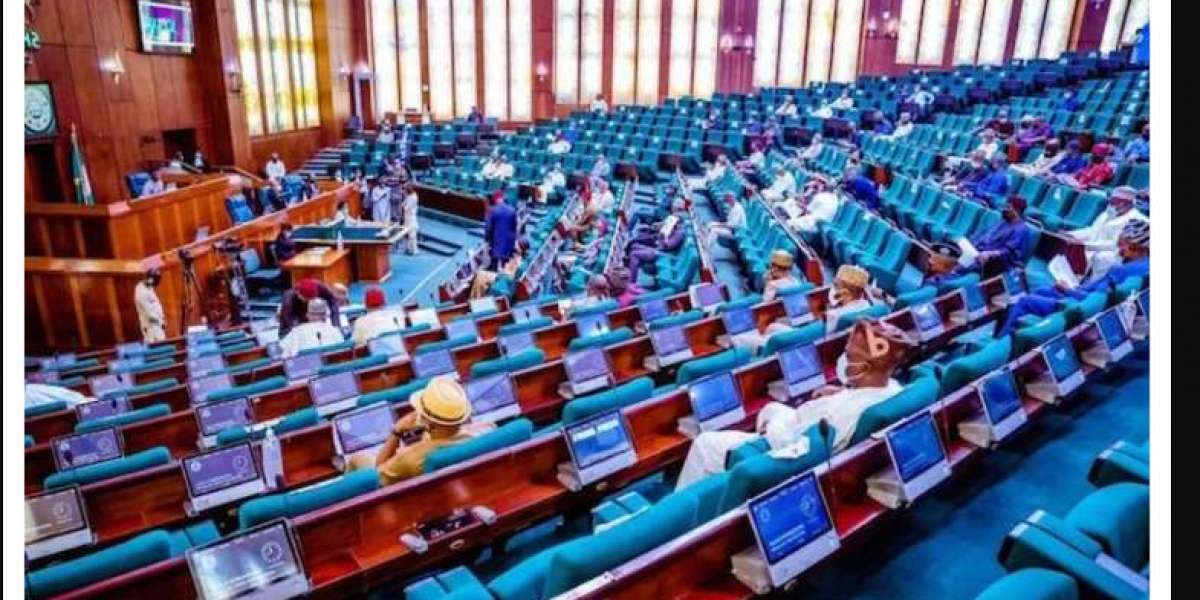On Tuesday, the committee, which Ganiyu Johnson presided over as chairman, presented its findings, which was later approved by the House Committee of the Whole.
According to the findings of the study, the Federal Government spent more than N4.8 trillion on running costs for refineries that were unable to generate refined petroleum resources, all while spending trillions of dollars on fuel subsidies.
ALSO READ: Subsidy Elimination: NLC Criticized For Suspension Of Strike.
According to the report, the three refineries stopped being productive as of the year 2010, resulting in the following range of losses: Port Harcourt Refinery Company at 7.6% loss to the tune of N132,526.17 billion from 2012; Warri Refinery at 6% loss to the tune of N111,376 bllion from 2014; and Kaduna Refinery at 10% loss to the tune of N122,621.97 billion from 2014. All of these losses were incurred from 2012 onward.
ALSO READ: Wednesday is the day of the House of Representatives' final session.
The House came to the conclusion that the best way to deal with the drain caused by the refineries was for the Federal Government and the NNPCL to investigate the possibility of outsourcing the Operations and Maintenance (O&M) of the refineries to reputable international oil companies. This would ensure reliability, the highest possible level of operational availability, and the highest possible value for the nation's money.
ALSO READ:Fuel Subsidy: Health Workers Present Tinubu with Eight Requests.




Angela Anayo Nzeh 9 w
Na waoo